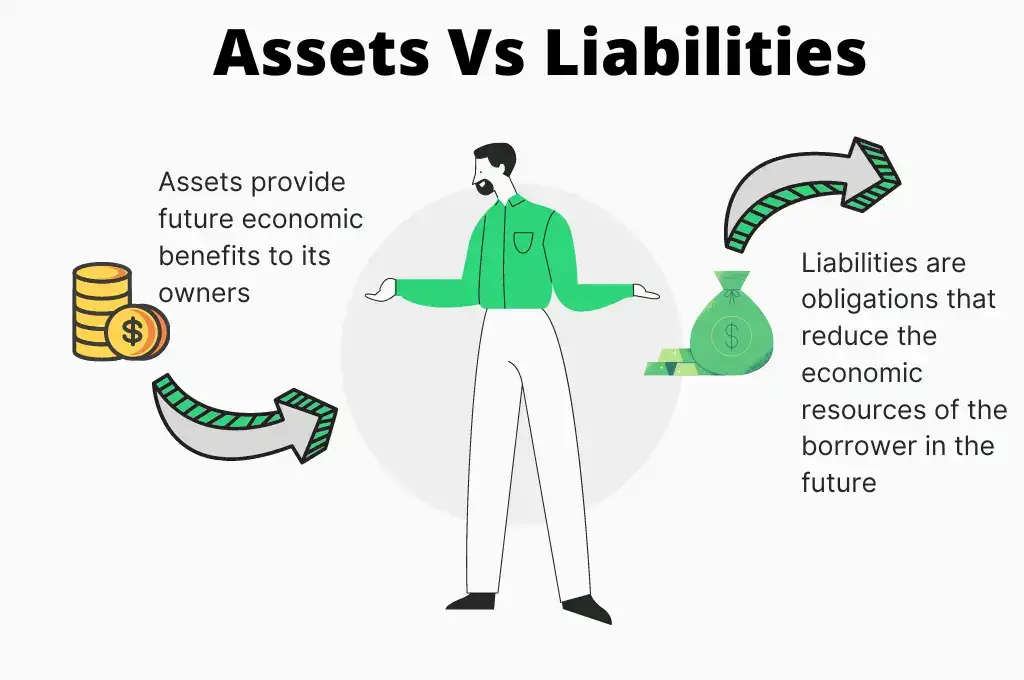
The Philippines continues to be a top destination for travelers seeking sun, sand, and culture. With the gradual easing of travel restrictions, tourism in the Philippines is witnessing a significant resurgence. Recent updates indicate that popular tourist spots like Boracay, Palawan, and Cebu are welcoming visitors with new safety protocols in place to ensure a secure travel experience. The Department of Tourism has launched campaigns promoting these destinations while emphasizing sustainable tourism practices to protect the natural beauty of the islands. Enhanced travel packages are being offered, focusing on local experiences, promoting deeper cultural interactions, and encouraging travelers to explore off-the-beaten-path locations like Siargao and Batanes. The Philippine government is investing heavily in infrastructure projects aimed at enhancing connectivity and travel convenience. Major airport enhancements are underway, including the expansion of Ninoy Aquino International Airport and the development of new airports in various regions. These improvements will not only facilitate increased passenger traffic but also promote economic growth in underserved areas. Additionally, roadways and ferry systems are being improved to provide seamless access to remote islands, allowing travelers to explore the nation's vast archipelago more easily. Such investments are expected to create more jobs and boost local economies, ultimately making the Philippines even more appealing to international visitors. As tourism grows, so does the need for environmental conservation. The Philippine government has initiated various programs aimed at preserving the country's biodiversity and natural resources. Significant efforts are being made to rehabilitate renowned sites like Boracay, which underwent a massive cleanup and restoration project to address pollution issues. Initiatives promoting eco-friendly practices, such as waste segregation and the use of renewable energy, are being implemented across numerous islands. Local communities are also participating in these efforts by engaging in sustainable practices, thereby creating a balanced approach between tourism and conservation that allows both to thrive. Cultural festivals are an integral part of Philippine heritage, and many of these colorful events are resuming after being postponed due to the pandemic. This year, towns and cities are once again preparing to showcase their unique traditions and customs through vibrant celebrations such as the Ati-Atihan Festival in Aklan and the Sinulog Festival in Cebu. These festivals not only attract local tourists but also draw international visitors who are eager to experience the rich culture and hospitality of the Filipinos. By branding these festivals as safe, enjoyable cultural events, the government aims to promote the Philippines as a diverse and appealing tourist destination. The startup ecosystem in the Philippines is thriving, with entrepreneurs capitalizing on the growing demand for innovative solutions in various sectors. Numerous incubators and accelerators are providing support for tech startups, particularly in fields like fintech, e-commerce, and healthcare. The government is also encouraging foreign investments through initiatives that streamline the business registration process. Startups focusing on digital transformation have gained traction, as businesses increasingly shift to online platforms in response to changing consumer behavior. Entrepreneurs are leveraging technologies like artificial intelligence and blockchain to improve efficiencies and create new market opportunities, positioning the Philippines as a hub for innovation in Southeast Asia. In light of global shifts towards sustainability, the Philippines is embracing renewable energy as a significant focus area for future investments. The government has set ambitious targets to increase the share of renewable resources in the energy mix. New solar and wind projects are being launched across the country, presenting opportunities for both local and foreign investors. As initiatives geared towards reducing carbon emissions gain momentum, businesses involved in renewable technologies are poised for growth. These investments not only contribute to a more sustainable future but also generate jobs required for implementation and maintenance, thus benefiting local communities. The e-commerce sector in the Philippines has experienced exponential growth amidst changing consumer habits, driven by the pandemic. With more Filipinos relying on online shopping for their needs, businesses are rushing to establish their presence in the digital marketplace. This surge has opened up numerous opportunities for logistics companies, digital payment platforms, and marketing agencies to thrive. Local entrepreneurs are finding innovative ways to connect with consumers through social media marketing and engaging online platforms, leading to the emergence of a robust e-commerce environment. As the infrastructure for digital transactions improves, experts predict that this trend will continue to shape the economy in the coming years. To meet the demands of a changing job market, skills development programs are being prioritized by both the government and private sectors. These initiatives aim to equip the workforce with necessary skills in various industries, including information technology, healthcare, and engineering. Partnerships with educational institutions are being strengthened to ensure relevant coursework that aligns with industry needs. Upskilling and reskilling programs are rolling out across the nation, targeting unemployed and underemployed individuals looking to enhance their employability. By focusing on skills development, the Philippines is not only addressing immediate staffing needs but also preparing for the future workforce ensures long-term economic growth. Travelers should check the most current entry requirements, including visa regulations, vaccination proof, and any COVID-19 testing protocols that may be in place before visiting the Philippines. It's essential to stay informed as regulations can change. Tourist destinations in the Philippines are implementing various safety measures such as enhanced sanitation protocols, social distancing guidelines, and capacity limits in public areas to ensure a safe experience for visitors. Travelers can support local businesses by staying in locally-owned accommodations, dining at community restaurants, and engaging in tours led by local guides. This not only enhances the travel experience but also helps communities thrive.Exciting Updates from the Philippines You Need to Know Now
Latest Developments in Tourism
New Infrastructure Developments
Environmental Conservation Efforts
Cultural Festivals Resuming
Emerging Business Opportunities
Startups on the Rise
Investment in Renewable Energy
Growth in E-commerce
Skills Development Programs
FAQs
What are the travel requirements for visiting the Philippines?
What safety measures are being implemented in tourist destinations?
How can I support local businesses while traveling in the Philippines?